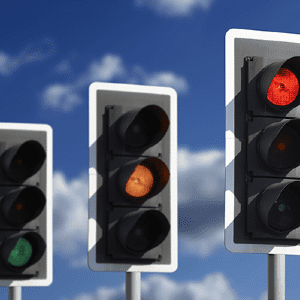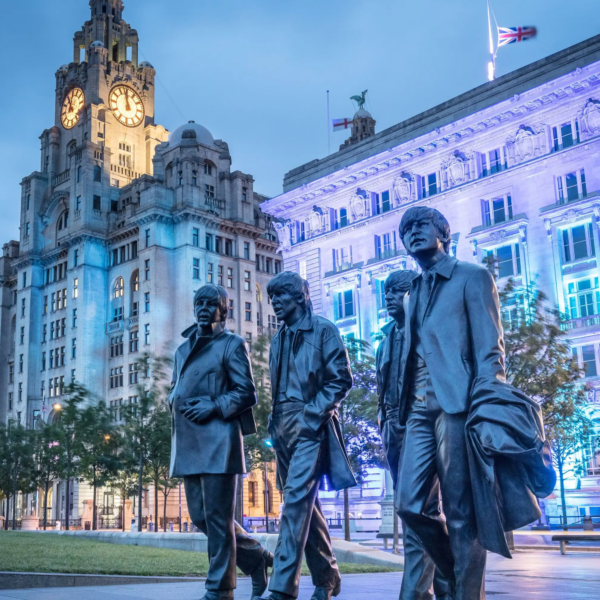 The World Travel & Tourism Council (WTTC) has called upon the UK government to abandon the confusing and damaging traffic light system and replace it with a simpler and easier to understand list of green and red countries.
The World Travel & Tourism Council (WTTC) has called upon the UK government to abandon the confusing and damaging traffic light system and replace it with a simpler and easier to understand list of green and red countries.
WTTC, which represents the global private Travel & Tourism sector, says the move would, at a stroke, simplify a system that has become steadily discredited over recent months.
The current scheme has left both holidaymakers and businesses wrong-footed, out of pocket and has eroded consumer confidence to travel.
Virginia Messina, WTTC Senior Vice President and Acting CEO, said: “It’s time the government removed the ambiguity by abandoning the confusing and damaging traffic light system and replacing it with a simple system with green and red categories and clear rules for the vaccinated and unvaccinated, so travellers know exactly where they stand.
“While the rhetoric has changed to a more positive note, what we need is action.
“We need to provide clarity across the UK Travel & Tourism sector, which has been crying out for the present highly unpredictable system to be dropped, having brought international travel from the UK to its knees.
“The UK should now open its doors not just to fully vaccinated travellers from the US and the EU, but to double-jabbed visitors from all over the world too – showing we’re open for business and ready to welcome all safe travellers.”
WTTC says the government needs to significantly widen the green list so fully-vaccinated UK citizens can get their right back to travel safely around the world and welcome leisure and business travellers alike.
Returning UK visitors also need the day two PCR test to be replaced with an easy-to-use antigen test, like in other countries, with PCR tests only for positive cases.
Meanwhile, unvaccinated visitors should continue needing to take a test on departure, as well as a PCR test on Day 2 of their return.
WTTC urges coordination with and reciprocity from other countries so that the rules are applied equally and fairly to ensure maximum ease of international mobility for travellers.
The global tourism body believes that re-establishing the freedom of movement around the world is essential to ensure international coordination at every level, underpinned by a data-driven, risk-based approach.
Harmonisation would restore international mobility, reduced protocols for vaccinated travellers, the importance of global vaccine recognition, as well as the adoption of ‘digital health passes’.
WTTC says the restoration of safe international travel could be achieved by following its four fundamental guidelines to restore international mobility while safeguarding public health:
- Appropriately reduced protocols for vaccinated travellers, including no need for testing or quarantine for those fully vaccinated. Global recognition for international travel of all vaccines authorised for use and deemed safe and effective by the WHO or by the WHO recognised SRAs.
- A data-driven, risk-based and internationally harmonised approach to re-establishing freedom of movement, that is consistent across countries, easy to communicate and clearly understood by travellers.
- Global adoption of ‘digital health passes’ enable travellers to easily obtain and verify their vaccination status, negative COVID test result or natural immunity from a previous infection. These must work with existing border control and travel operator systems accepted by all countries. Digital verification of a traveller’s COVID status prior to travel will avoid lengthy and unsafe queues in transport hubs and terminals.
- Continued implementation of high-quality health and safety standards throughout all areas of the Travel & Tourism sector, including continued adoption of the WTTC’s Safe Travel Protocols and Safe Travel Stamp, with the continued wearing of face masks in crowded and enclosed areas, as well as on all forms of public transport.
WTTC advocates the full implementation of these proportionate and responsible guidelines for travel over the next few months, as many travel restrictions begin easing and major travel markets begin to reopen.



















